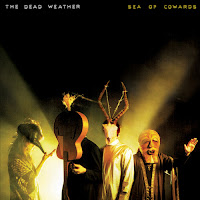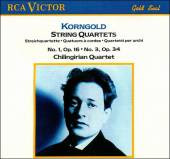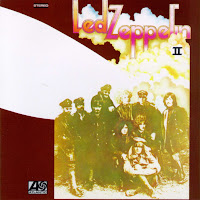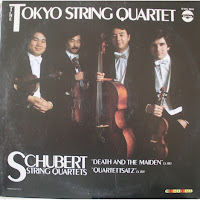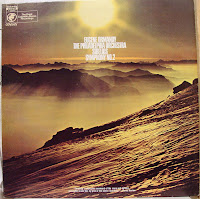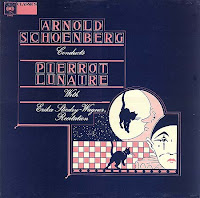Before we go any further, I must call attention that we've now passed the most previously prolific year for posting on Turtles n' Cream. Go me.
 Amy Winehouse
Amy Winehouse
"Back to Black" (CD)
Without devolving into jokes about the untimely demise of Ms. Winehouse, its worth mentioning the impact that this album made on the public consciousness when it was released in 2006.
Complete with her beehive-toting Suicide Girl persona, Amy Winehouse thrust a musical style back into the spotlight. Erroneously, of course, the young public perceives that Ms. Winehouse
invented this style of music.
This album suffers from the traditional big-label problem: a couple of stellar radio-friendly hits and then several songs that you've never heard of before.
I think we owe Amy a debt of gratitude. Because of her trailblazing, bands like Sharon Jones & the Dapkings, Charles Bradley, Lee Fields, the Budos Band etc. have found much much larger audiences as a new generation of listeners discover old-school funk and soul.
For that alone, Ms. Winehouse, I am indebted to you.


